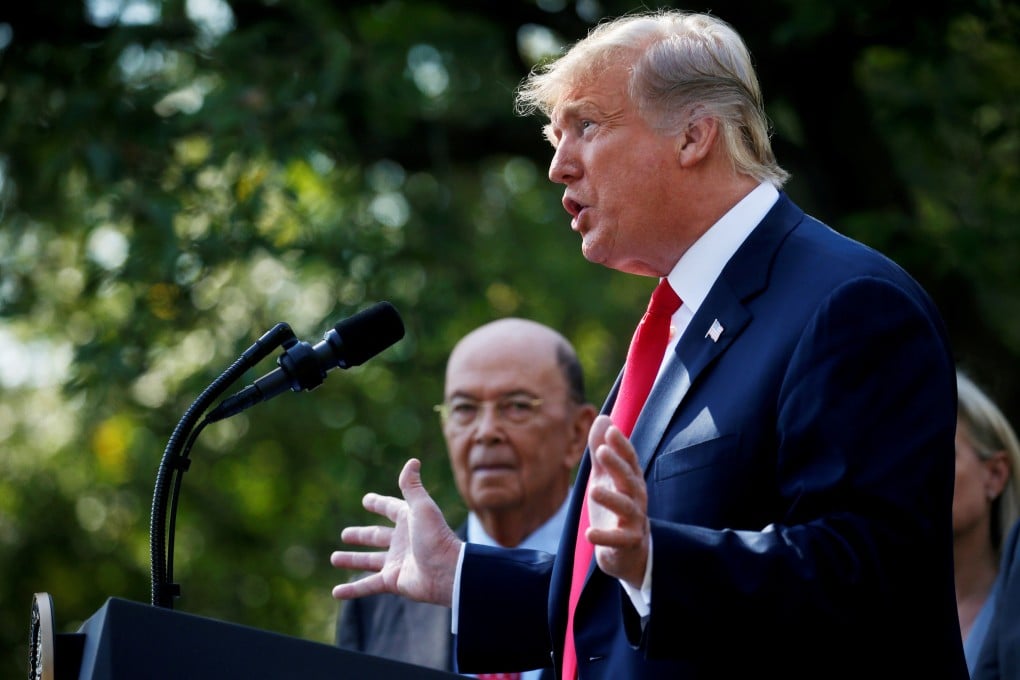US ‘will let firms sell to Huawei if no national security risk’, as trade talks resume by phone
- Stipulation helps ensure ‘we don’t just transfer revenue from US to foreign firms’, Commerce Secretary Wilbur Ross says – but Chinese company would stay on Entity List
- White House economic adviser Larry Kudlow says Beijing is expected to act promptly on agreed agriculture purchases

The United States will allow American companies to sell technology to the blacklisted Chinese telecommunications giant Huawei where there is no threat to US national security, Commerce Secretary Wilbur Ross said on Tuesday.
Ross’ comment was made as top trade negotiators from the two nations spoke by phone, after an agreement to resume negotiations by presidents Donald Trump and Xi Jinping at the Group of 20 summit in Osaka in late June.
White House economic adviser Larry Kudlow said the phone conversation was “constructive”. He said the two sides were talking about a face-to-face meeting, but warned that negotiations would be tough.
“President Xi is expected – we hope in return for our accommodations – to move immediately, quickly, while the talks are going on, on the agriculture [purchases],” Kudlow said on Tuesday at an event hosted by CNBC. “That’s very, very important.”
A brief statement by the Chinese commerce ministry said Vice-Premier Liu He and Minister of Commerce Zhong Shan spoke to US Trade Representative Robert Lighthizer and Treasury Secretary Steven Mnuchin to “exchange views on the consensus reached by their leaders in Osaka”.